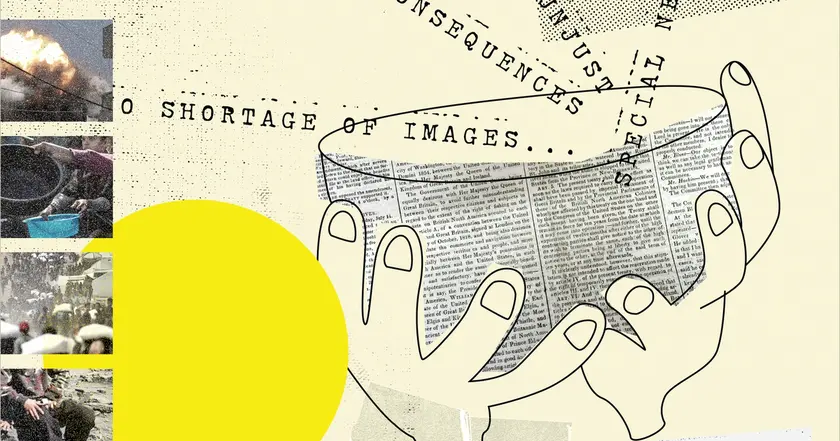T4K3.news
Netanyahu weighs suit against New York Times
Israel's prime minister threatens legal action over Times Gaza coverage after a front page photo and subsequent editor note.

Netanyahu accuses the Times of defamation and signals a possible lawsuit after a Gaza hunger story.
Netanyahu targets legal action against the New York Times over Gaza coverage
Israeli Prime Minister Benjamin Netanyahu has said he is weighing legal action against the New York Times, calling its Gaza coverage defamatory. In a Fox News interview, he argued that the paper used a front page photo of a malnourished child to smear Israel and questioned whether a country could sue a newspaper. He pointed to a July 24 article that ran with a prominent image and said the portrayal distorted what is happening in Gaza.
The Times defended its work, noting that an editor note on July 30 clarified the child’s medical history and removed a claim that he was born healthy. Reporters and editors emphasize that the core reporting about the humanitarian crisis in Gaza remains accurate and that updated information provides readers a fuller context. The dispute has become part of a broader debate about how the war is portrayed to international audiences while aid groups describe severe shortages of food, water, and medicine.
Historically, the clash taps into a long running tension between press freedom and political power. The episode also echoes past legal fights over media coverage and raises questions about how images and captions influence public perception during conflicts. The current controversy comes as Israel faces both international scrutiny and domestic debate over its policy and the role of outside observers in wartime reporting.
Key Takeaways
"The New York Times should be sued"
Netanyahu's claim during media appearances
"There is no policy of starvation in Gaza"
Netanyahu arguing against starvation accusations
"What a boldfaced lie"
Netanyahu reacting to Times coverage
"Children in Gaza are malnourished and starving, as Times reporters documented"
Times spokesperson response
This case tests how far political leaders can push back on media narratives without chilling newsroom courage. A legal threat against a major outlet can intimidate reporters and shape the tone of future coverage, even when editors defend the accuracy of their reporting. The editor note shows journalism can correct and clarify while still leaving readers with a strong initial impression. The episode underscores the power of visuals in defining a conflict and the risk that competing narratives will frame reality in binary terms.
The wider implication is a public that must navigate conflicting claims about hunger, policy, and responsibility. In war zones, facts can be contested in real time, making context and precision essential. As audiences watch, the balance between accountability and press freedom will be tested and retested in the months ahead.
Highlights
- The New York Times should be sued
- There is no policy of starvation in Gaza
- What a boldfaced lie
- Children in Gaza are malnourished and starving
Political sensitivity and potential defamation action involved
The proposed legal action intersects with political leadership, press accountability, and international coverage of a humanitarian crisis, raising concerns about potential chilling effects on reporting.
The truth in war reporting is fragile and valuable, and it will be measured by how clearly journalists explain its limits.
Enjoyed this? Let your friends know!
Related News

The New York Times alters Gaza coverage amid scrutiny

Israel outlines plan to free Gaza from Hamas
Documentary Investigates Iconic Vietnam Photo Controversy

Trump sues Murdoch and the Wall Street Journal

Dexter Lawrence leads NFL in sacks

Times defends Gaza reporting after Netanyahu threat

Netanyahu prioritizes power over ceasefire in Gaza conflict

Prince Andrew and Sarah Ferguson's marriage complexities revealed
